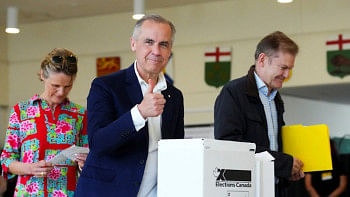Medical masks best, cotton good, bandanas worse: study
Health experts have determined that face coverings are a vital tool in reducing the spread of coronavirus -- but little research has been done into how different kinds of masks compare.
A new study has ranked 14 types of commonly available mask, finding that medical masks offer significantly more protection against droplet spread than cotton alternatives -- while bandanas and balaclavas don't do much at all.
The findings have public policy implications, particularly in the United States where authorities have encouraged the public to use textile masks and leave the medical products to health care workers because they are in short supply.
Masks are important because some 30-40 percent of people who are infected may not show symptoms but still unwittingly spread the virus when they cough, sneeze or just talk.
A team of scientists at Duke University created an inexpensive setup: people stood in a dark room and spoke the words "Stay healthy, people" five times into the direction of an expanded laser beam, which was recorded with a cell phone camera. A computer algorithm was then used to calculate the number of droplets.
Professionally-fitted N95 masks -- hospital-grade protection worn by frontline workers in hospitals -- reduced droplet transmission to less than 0.1 percent.
Surgical or polypropylene masks were not far behind, bringing droplet transmission down by 90 percent or more compared to no face-coverings.
Hand-made cotton face coverings provided good coverage, eliminating 70 to 90 percent of the spray, depending on the number of layers and the pleating. But bandanas only reduced the droplets by about 50 percent.
Finally, N-95 masks with valves -- designed for industrial settings where the user's exhalation was less important than what they inhaled -- performed roughly on par with cotton masks. Health authorities have discouraged the use of valved N-95s.

 For all latest news, follow The Daily Star's Google News channel.
For all latest news, follow The Daily Star's Google News channel. 



Comments